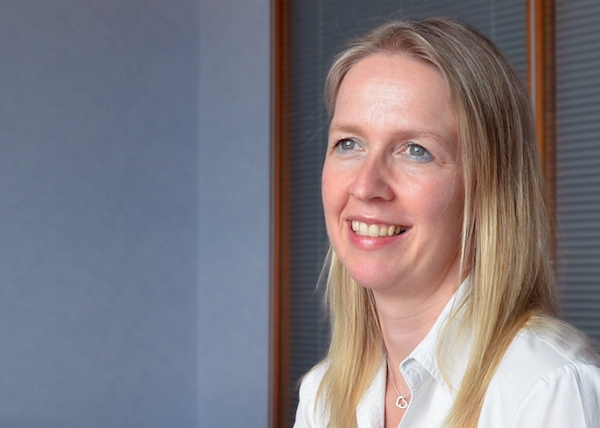Starting a pension for a child is a very long-term investment, and probably one only considered by high net worth individuals who have used every available tax wrapper to the max. Given the most that can be paid in for someone with no earnings is £3,600 gross a year, it’s important that any pension started is low-cost or the tax benefits can quickly be wiped out.
But what about Junior SIPPs for beneficiaries? This is an entirely different proposition, and one that can give real benefit in the short-to-medium term, as well as being used for the long game if preferred.
Under pension freedoms members can nominate anyone to receive their benefits on death, which can include minors. When the member dies before age 75 then these benefits are usually passed on tax free, so it can make sense to leave to adult children rather than grandchildren. Mum and Dad can use as appropriate, which may including spending on their kids if they wish.
But if your client lives beyond 75 then any death benefits will be subject to income tax in the hands of the beneficiary. This is where leaving some funds directly to the grandchildren, including minors, can really make sense. If Mum and Dad inherit the funds as flexi-access drawdown then any income they take will be added to their income for the year and taxed accordingly – which could in a lot of cases be at 40%. Meanwhile the kids have unused personal allowances. Junior SIPPs can be established for minors as long as your client nominated them as beneficiaries in their lifetime. For under 18s the parent or legal guardian will look after the SIPP and make the investment decisions, along with their adviser, until the child turns 18, at which point it will become a normal adult SIPP. Crucially withdrawals can be made from beneficiaries’ flexi-access drawdown at any age. This means Mum or Dad have the ability to withdraw funds from the Junior SIPP, as long as it’s for the benefit of the child. This makes it ideal for paying school fees, and up to the personal allowance can be withdrawn each year tax free.
If there’s money still in the pot when the child becomes an adult, they gain control of the SIPP and can continue to make withdrawals as required. For those heading off to university with no earnings this could give them enough tax free income to cover all tuition fees with change towards living costs.
Clients who want to give their youngest relatives the best chance of starting adulthood without debt should consider using some of their pension as a means of passing on their wealth in the most tax efficient of ways.
Lisa Webster is senior technical consultant at AJ Bell
Lisa Webster: Junior SIPPs – how to pass on pension funds tax free

